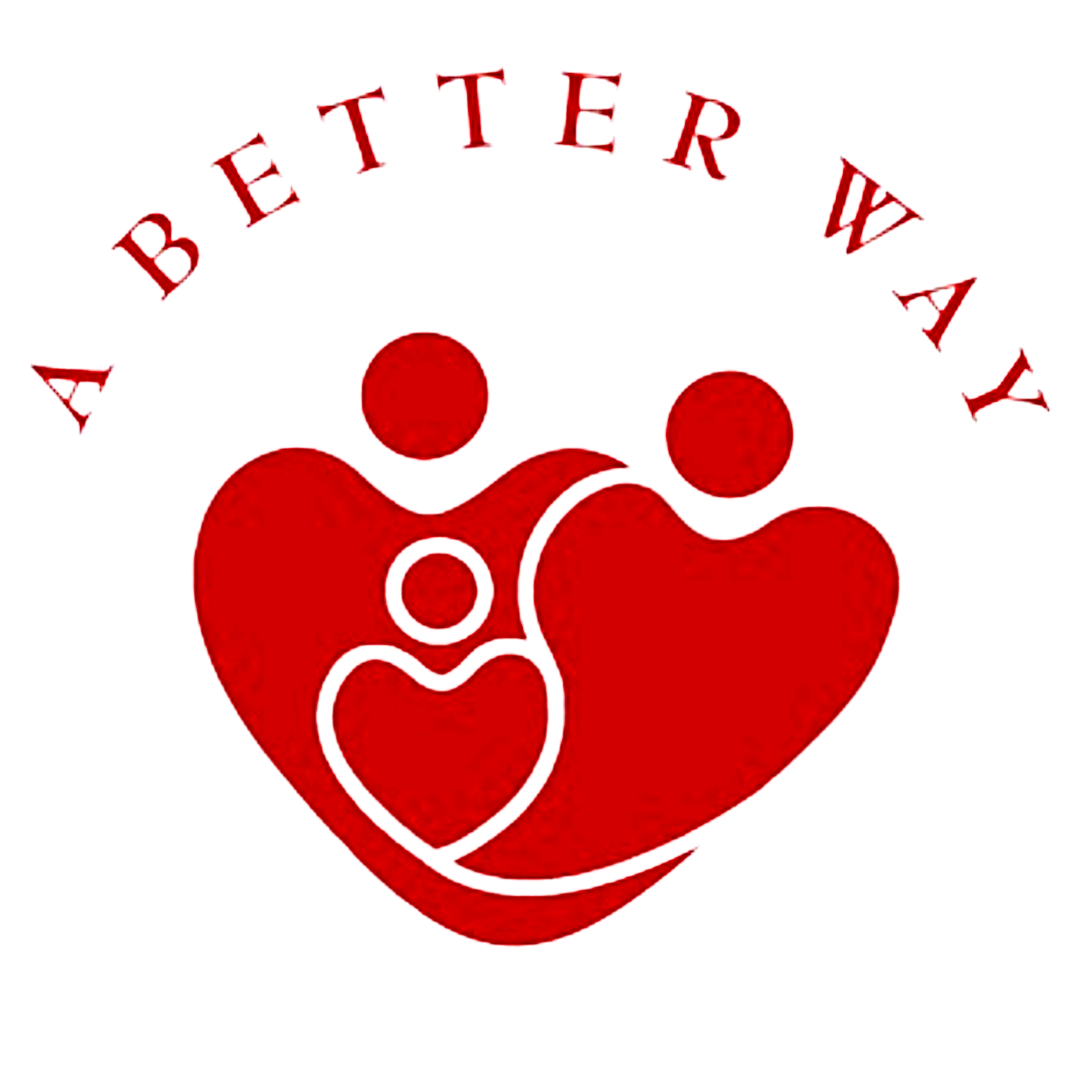Supporting Fathers and Fatherhood
An interview with Michael Nobles, Social Services Program Manager at A Better Way
By Mark Pasley
Michael, why is it important to support fathers?
Fathers are important in children’s lives, so by providing them with the support they need, helping them to learn about their children’s development, the goal is that their children have more stabilized lives, their home life is more stable – even if the father is out of the home. This leads to more success as they become adults.
You supervise several programs at A Better Way that support fathers in different ways, in multiple counties. Can you tell me about those programs?
Right now, we have 3 fatherhood support programs: 1) Father-to-Father – offered through the Another Road to Safety (ARS) program – meets online in both English and Spanish; 2) the Fatherhood Circle which is offered in English through the Parent Engagement Program (PEP); 3) and finally, we have the Parent Partner Program offered in English in Santa Cruz.
Can you describe the Fatherhood Circle and how it works?
That program was designed for fathers who are currently engaged with the child welfare system. Either their children have been removed and they’re working toward reunification, or their children are still at home, but they’re being supervised by the child welfare system to make sure they’re doing the things to keep their children safe and healthy. So those dads currently have a case, and when they meet, they get support from the facilitator and from the other dads in the program.
And these programs used to meet in person, but after Covid the meetings moved online, right?
Yes, they meet on Zoom twice a month.
Can you share an example of a father who was helped by one of the fatherhood programs?
Yes, there was a man who was referred to the Father-to-Father program. The mother had mental health issues, and he was petitioning to have full custody of the children but due to some not-so-father-friendly systems, he experienced a lot of challenges in that process. He was beginning to get discouraged, feeling defeated. But coming to Father-to-Father, he was able to talk about his frustrations, talk with other dads and speak to the facilitator. With their support and encouragement, he continued to fight, he didn’t give up and ultimately, he was awarded full custody of his children.
So, the Father-to-Father program – these are fathers who don’t have a [child welfare] case; they haven’t reached the level of their children being removed, but there’s some support that is needed. We help them understand healthy families and the Five Protective Factors: 1) parental resilience; 2) social connections; 3) knowledge of parenting & child development; 4) concrete support in times of need; and 5) emotional competence of children. So, by helping dads understand these concepts, it gives them better tools to parent their children and to keep them safe and healthy.
What do you like best about working at A Better Way?
I’ve been working with at risk families, trying to help parents better parent their children, keeping children at home…for almost 25 years now. What I like about A Better Way is they’re really helping families reunify. You know, there’s a lot of work being done in prevention in different areas but being part of an agency that is focused on helping these children get back home, to me that’s extremely fulfilling as a person who had early childhood experience with child welfare, being a foster kid for a short period of time myself.
Fortunately, my father was able to step in and take care of me with my mother – and I saw the difference it made in my life. There was a chance I could have grown up in the foster care system, and no telling which way I would have gone from there. So, I think a lot of parents just need some advice. They need some support. They need some tools to help them parent effectively, and being part of that process is fulfilling to me because I feel like I help families stay together.

